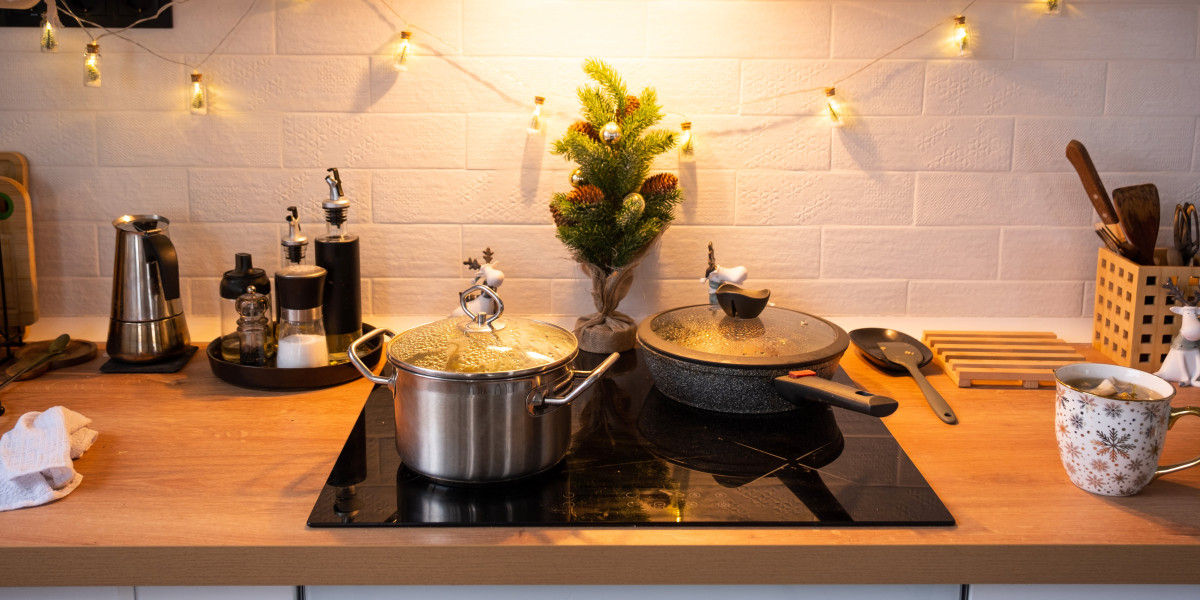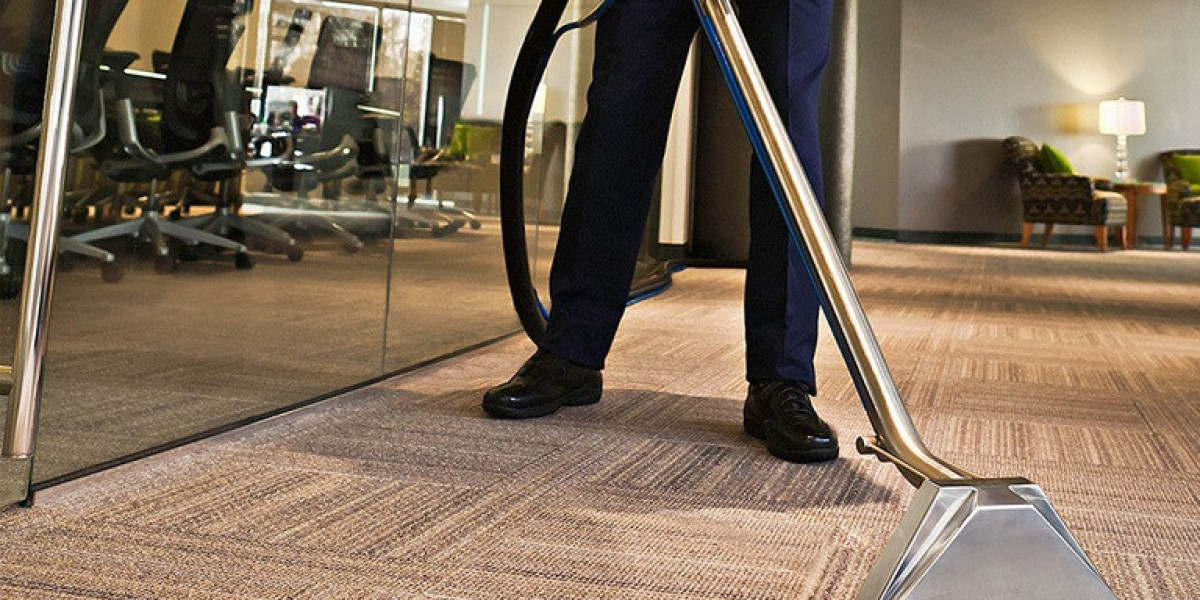The Rise of Built-In Cookers: A Modern Kitchen Essential
The kitchen has actually long been the heart of the home, a location where cooking goals come to life and everyday meals are crafted with care. Over the years, improvements in technology and style have changed this space, with built-in cookers becoming a frontrunner in contemporary kitchen patterns. This article checks out the various elements of built-in cookers, including their benefits, types, setup considerations, and popular brand names.
What is a Built-In Cooker?
A built-in cooker is a device that is flawlessly integrated into kitchen cabinets, providing a tidy and cohesive look. Unlike freestanding units, built-in cookers are frequently developed to match the kitchen's aesthetic, using both functionality and design. They can come in numerous configurations, consisting of ovens, cooktops, and wall-mounted choices.
Benefits of Built-In Cookers
Built-in cookers are becoming increasingly popular for several reasons. Here are some of the main benefits they offer:
Aesthetic Appeal: The seamless combination of built-in cookers adds to a streamlined and contemporary kitchen style. They use customization alternatives to match the kitchen cabinetry and general design.
Area Efficiency: Built-in cookers are developed to fit comfortably within cabinets or walls, maximizing readily available kitchen area. This is especially helpful in smaller kitchens, where every inch counts.
Boosted Functionality: Many built-in cookers come with sophisticated functions and technology that can enhance cooking performance, such as wise thermostats, self-cleaning choices, and personalized cooking settings.
Safety Features: Many built-in designs consist of security functions such as automatic shut-off, kid locks, and cool-to-touch doors, making them much safer for households with kids.
Increased Resale Value: Investing in built-in appliances can increase the value of a home, specifically if the design is complementary to the general style of the kitchen.
| Function | Built-In Cookers | Freestanding Cookers |
|---|---|---|
| Visual Integration | High | Moderate |
| Setup Flexibility | Repaired (Requires Installation) | Portable |
| Area Efficiency | High (Optimized for Cabinets) | Variable (Some Models Bulkier) |
| Functionality | Typically Advanced/Smart | Fundamental to Mid-Range Functionality |
| Resale Value | Usually Higher | Variable/Dependent on Model |
Types of Built-In Cookers
Built-In Ovens: Available in single or double configurations, built-in ovens can be placed at eye level for convenience. They may include functions like convection cooking, steam choices, and several cooking modes.
Built-In Cooktops: These units are installed directly into the counter top and can be powered by gas, electrical energy, or induction technology. They offer a sleek appearance and can maximize area for additional kitchen elements.
Wall Ovens: These are installed at an elevated height, making them accessible and ergonomic. Lots of wall ovens include advanced technology such as Wi-Fi connectivity for remote operation.
Combination Units: Some built-in models use a double function, integrating both oven and cooktop capabilities, creating a flexible cooking area.

Microwave Ovens: Built-in microwaves can be installed into cabinetry, supplying quick access to reheating and cooking without taking up counter space.
Advantages and disadvantages of Built-In Cookers
| Pros | Cons |
|---|---|
| Improved aesthetic appeal | Installation can be costly and intricate |
| Space-saving design | Less versatile than freestanding alternatives |
| Increased functionality | Limited choices in some designs |
| Improved resale worth | Replacement can be complicated due to fit |
| Security functions offered | Some built-in designs can be pricier |
Installation Considerations
When considering a built-in cooker, there are a couple of crucial setup aspects to bear in mind:
Space Requirements: Measure your kitchen thoroughly to make sure that the built-in cooker will fit conveniently within the scheduled area. Consist of allowances for ventilation and accessibility.
Electrical and Plumbing Needs: Ensure that your kitchen is equipped with the required electrical outlets or gas lines. Speak with an expert if required to deal with setups safely.
Local Building Codes: Check regional guidelines concerning kitchen device setups, especially for gas models, to make sure compliance.
Expert Installation: Due to the complexities involved, employing a professional for the installation of built-in cookers is typically recommended to avoid problems down the line.
Popular Brands of Built-In Cookers
A number of brands have developed themselves as leaders in the built-in cooker market. Here are a couple of noteworthy ones:
Bosch: Known for top quality German engineering, Bosch provides a variety of sleek built-in appliances that boost any modern kitchen.
Wolf: A luxury brand name under Sub-Zero, Wolf is revered for Www.ovensandhobs.uk its cooking performance and long lasting durability. Their built-in appliances are created for cooking enthusiasts.
Miele: This brand is synonymous with premium appliances, providing ingenious functions and sophisticated designs in their built-in ovens and cooktops.
KitchenAid: KitchenAid supplies a range of stylish built-in appliances known for their efficiency and easy to use features.
Electrolux: Offering a blend of kind and function, Electrolux focuses on energy-efficient, high-performance built-in cookers.
Often Asked Questions (FAQs)
1. Are built-in cookers more pricey than freestanding designs?
While built-in cookers can be more costly upfront due to setup costs and design, they often last longer and can boost the resale value of a home.
2. Can I install a built-in cooker myself?
Due to the specifics of electrical and gas connections, it is recommended to hire an expert for the installation of built-in cookers to ensure safety and compliance with regional codes.
3. What maintenance do built-in cookers need?
Regular cleansing and upkeep are important for built-in cookers. This might consist of cleaning down surfaces, cleaning up vents, and routine checks of the electrical and gas connections.
4. Do built-in cookers have service warranty alternatives?
Most respectable brand names provide service warranties that vary in regards to period and protection. It's recommended to check service warranty conditions during purchase.
5. Can built-in cookers work in smaller sized kitchen areas?
Yes, built-in cookers are developed to optimize area and can work well in smaller sized kitchens by incorporating seamlessly into kitchen cabinetry.
Built-in cookers represent a marital relationship of functionality and design, making them an enticing choice for lots of homeowners. As kitchen design continues to evolve, the pattern towards smooth combination of appliances will likely grow. For those aiming to enhance both the aesthetic and functional aspects of their kitchen areas, built-in cookers are well worth considering. With cautious planning, thoughtful setup, and attention to upkeep, built-in cookers can offer years of reliable service in the heart of the home.







